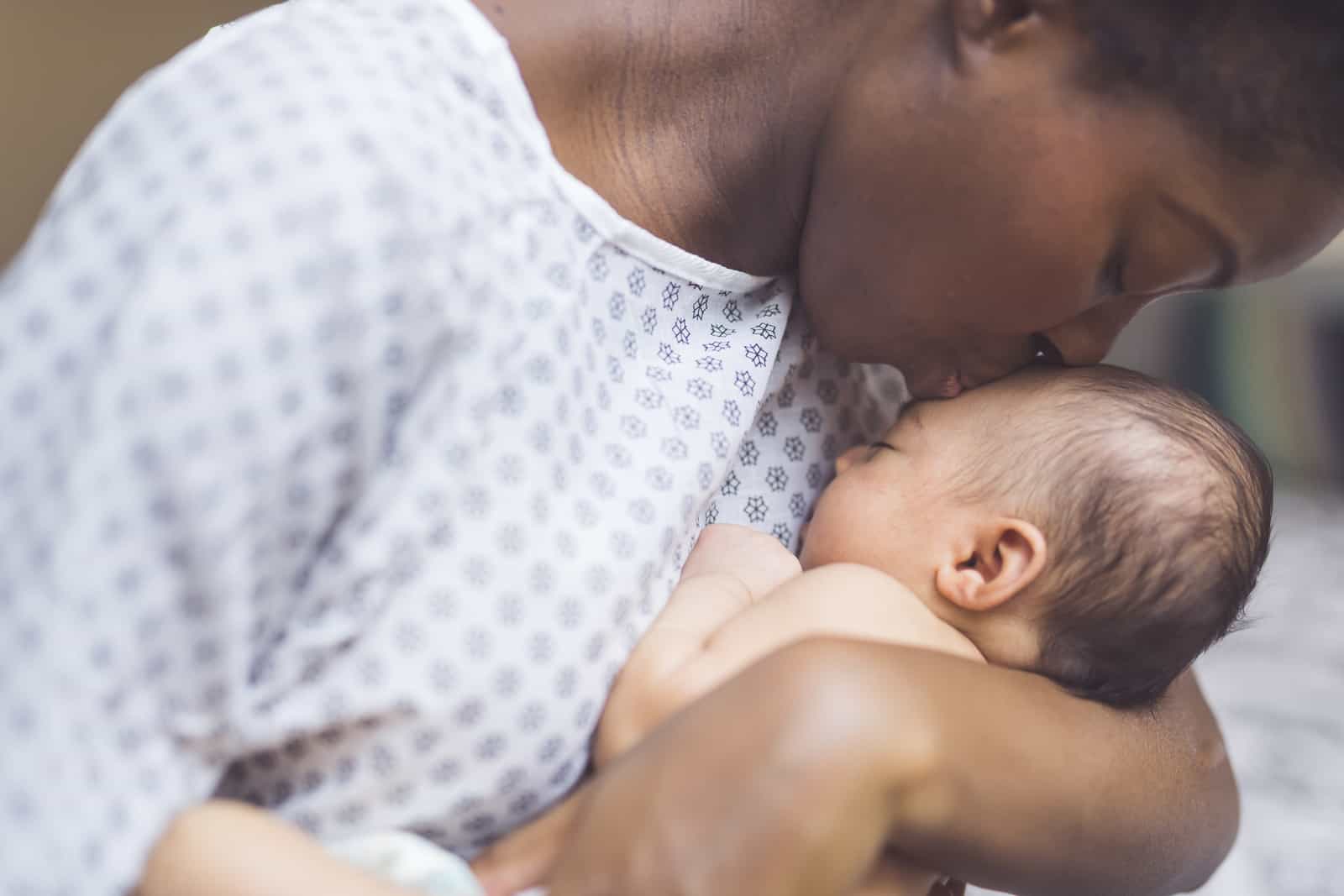FAQs
Here are some answers to frequently asked questions about human rights in childbirth.
The care that women and birthing people receive during pregnancy and childbirth has a long-lasting effect on the physical and psychological health of an individual and their babies.
Lack of respect for individual’s basic rights during childbirth can lead to women and birthing people feeling degraded and dehumanised.
The fundamental human rights values of dignity, privacy, equality and autonomy help guarantee women and birthing people access to appropriate maternity services and respectful treatment during childbirth.
See our factsheets for more details. 
Failure to provide adequate maternity care, lack of respect for dignity, invasions of privacy, procedures carried out without consent, failure to provide adequate pain relief without medical contraindication, unnecessary or unexplained medical interventions, and lack of respect for women and birthing people’s choices about where and how a birth takes place, may all violate human rights law.
Sadly, there is evidence that too many women and birthing people in the UK are experiencing maternity care that does not respect their basic rights. Read our Dignity Survey results for some hard statistics.
Strain on underresourced maternity services, a culture of excessive emphasis on clinical policy rather than individualised care, and misunderstanding of basic legal responsibilities, all contribute to poor quality care that can lead to violations of dignity and autonomy.
Under the Human Rights Act 1998, all UK public bodies must respect the rights set out in the European Convention on Human Rights. Public bodies include all NHS institutions, such as hospitals, GP practices, NHS Trusts and Clinical Commissioning Groups.
This means that NHS bodies must respect human rights when making decisions. It also means that caregivers working for public bodies must respect human rights as they go about their work.
No. Unborn children do not have separate legal recognition from their parents. Women and birthing people are free to make choices against medical advice and, so long as they have mental capacity, they cannot be forced to accept treatment which is said to be in the interest of their unborn child.
